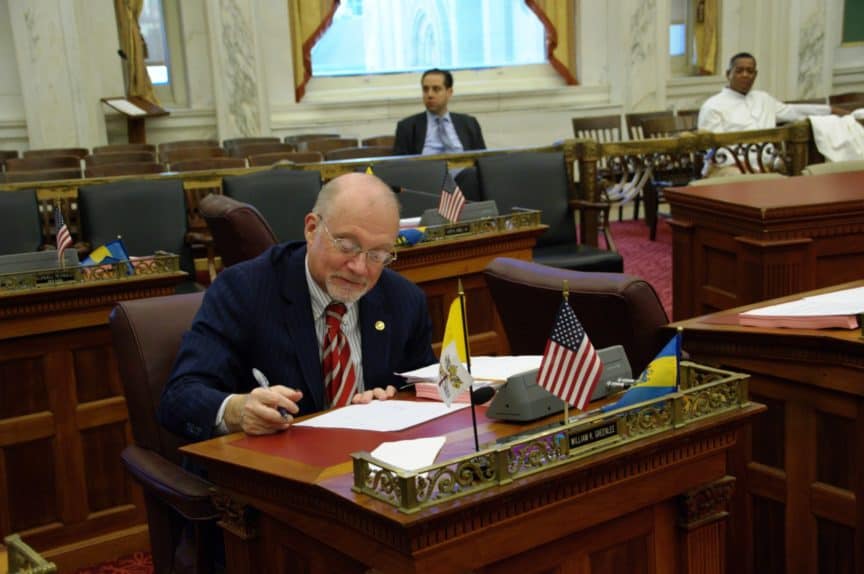Philadelphia, September 29, 2016 – Today in Philadelphia City Council, Councilman William Greenlee (At Large) introduced legislation co-sponsored by Councilwoman Blondell Reynolds Brown (At Large) that would make it illegal for employers to inquire about a potential employee’s salary history.
The legislation is aimed at eliminating the wage gap between men and women. According to the United States Census Bureau 2015 report, women in Pennsylvania are paid 79 cents for every dollar a man makes. This wage gap persists regardless of industry, occupation, and education level.
Basing a salary offer upon a worker’s pay at a previous job only serves to perpetuate gender pay inequalities. According to Greenlee, “Simply put, when a woman is paid less at the beginning of her career she will continue to earn less throughout her career. By eliminating the question of salary history we will be one step closer to decreasing the wage gap.”
“From the moment women enter the workforce, even as college graduates, their pay can be $8,000 less than their male counterparts,” said Marianne Bellesorte, Vice President of Advocacy at PathWays PA. “Eliminating requirements to disclose wage history gives all workers an opportunity to start fresh and avoid continued pay discrimination.”
Similar efforts to eliminate salary history inquiries have been successful, most recently in Massachusetts where Republican Governor Charlie Baker signed an equal pay bill that takes effect in 2018. Additionally there is legislation pending in the United States House of Representatives and other local municipalities across the country. “Until the Federal Government moves forward on this issue I think it is important for State and Local governments to push this to the forefront”, said Greenlee.
Councilwoman Reynolds Brown further explains, “This legislative measure is about one thing. Equal pay for equal work. Eliminating such requirements will help root out discrimination, reduce the gender pay gap and encourage employers to both examine their own practices and adopt best practices around this issue.”
The ordinance will be referred to committee and hearings on the ordinance will take place in the next few weeks.


